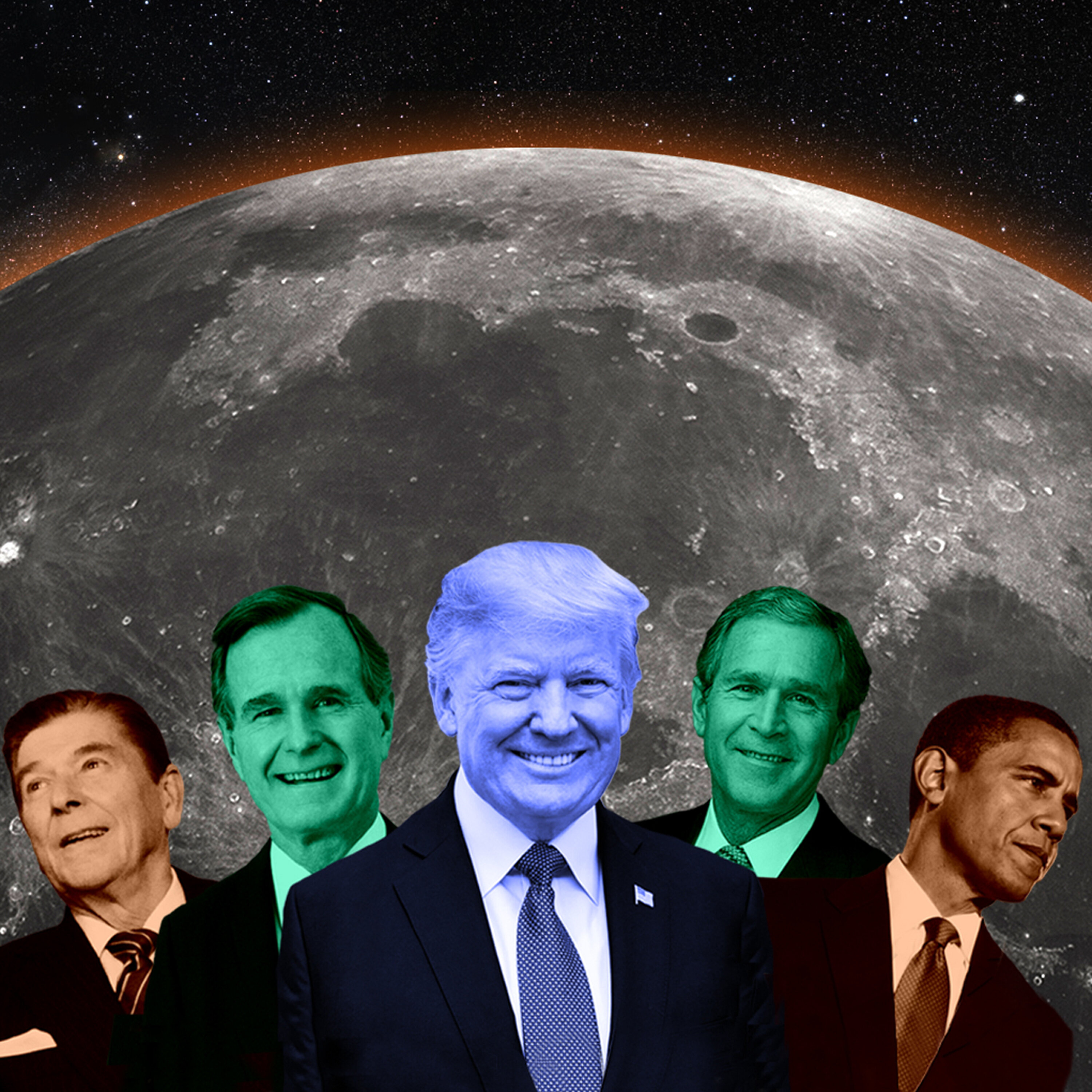
Space Policy Edition: The Myth of Presidential Leadership

Planetary Radio: Space Exploration, Astronomy and Science
Deep Dive
Why is the book 'Spaceflight and the Myth of Presidential Leadership' still relevant today?
The book, published in 1997, examines the role of presidential leadership in space policy and how the success of Apollo created unrealistic expectations. It remains relevant as it highlights the complexities of space policy beyond presidential speeches, a lesson that is still applicable today, especially with the evolving powers of the presidency since its publication.
How has presidential authority changed since the publication of 'Spaceflight and the Myth of Presidential Leadership'?
Since the book's publication in 1997, presidential authority has expanded significantly, particularly after the 9/11 attacks. Presidents like George W. Bush and subsequent leaders have asserted novel interpretations of executive power, often acting without congressional authority, which was not considered in the book's original context.
What role does Congress play in space policy despite the growing executive power?
Congressional involvement remains crucial in space policy, as evidenced by the success of missions like Europa Clipper, which was spearheaded by specific members of Congress. Despite the executive's growing power, Congress still holds the purse strings and can influence or block projects through appropriations.
Why is the concept of an 'imperial presidency' problematic for long-term space initiatives?
An imperial presidency, which centralizes power in the executive branch, can lead to inconsistent and variable space policies between administrations. While a strong executive can start initiatives, long-term success requires coalition-building and congressional buy-in, which an imperial approach may undermine.
How does the Artemis program exemplify the balance between presidential leadership and congressional support?
The Artemis program, which aims to return humans to the moon, was initiated by the Trump administration but has survived due to congressional support and international partnerships. It demonstrates that while presidential leadership can start ambitious projects, sustained success requires broader coalitions and legislative backing.
What is the significance of the 'impoundments clause' in the context of space policy?
The impoundments clause, which allows the president to stop funding for specific projects, represents a radical expansion of executive power. In the context of space policy, it could enable a president to halt ongoing projects without congressional approval, potentially disrupting long-term initiatives like Artemis.
How does the commercial space sector's growth impact the traditional model of space policy?
The rise of the commercial space sector introduces a new dynamic, where efficiency and private-sector approaches challenge traditional, coalition-driven models. This shift reflects a desire for decisive leadership akin to CEOs in private companies, but it also raises questions about the sustainability of such models in the long term.
What is the 'Day of Action' event, and why is it important for space policy advocacy?
The Day of Action is an annual event where Planetary Society members gather in Washington, D.C., to advocate for space exploration and policy. It is crucial for influencing lawmakers and ensuring that space initiatives receive the necessary funding and support from Congress.
Shownotes Transcript
For over half a century, space advocates and presidents alike have tried to recreate the JFK moment of calling on the country to send a man to Moon — but is this a mistake? The classic book Spaceflight and the Myth of Presidential Leadership argued that it is, and by focusing on presidential power alone advocates set up these initiatives to fail. However, in the decades since its publication, presidential authority has dramatically expanded. In this episode, we examine this tension: Did the success of Apollo create a false expectation about the role of presidential leadership in spaceflight? How can a president most effectively set new long-term goals for NASA? Discover more at: https://www.planetary.org/planetary-radio/myth-of-presidential-leadership)
See omnystudio.com/listener) for privacy information.